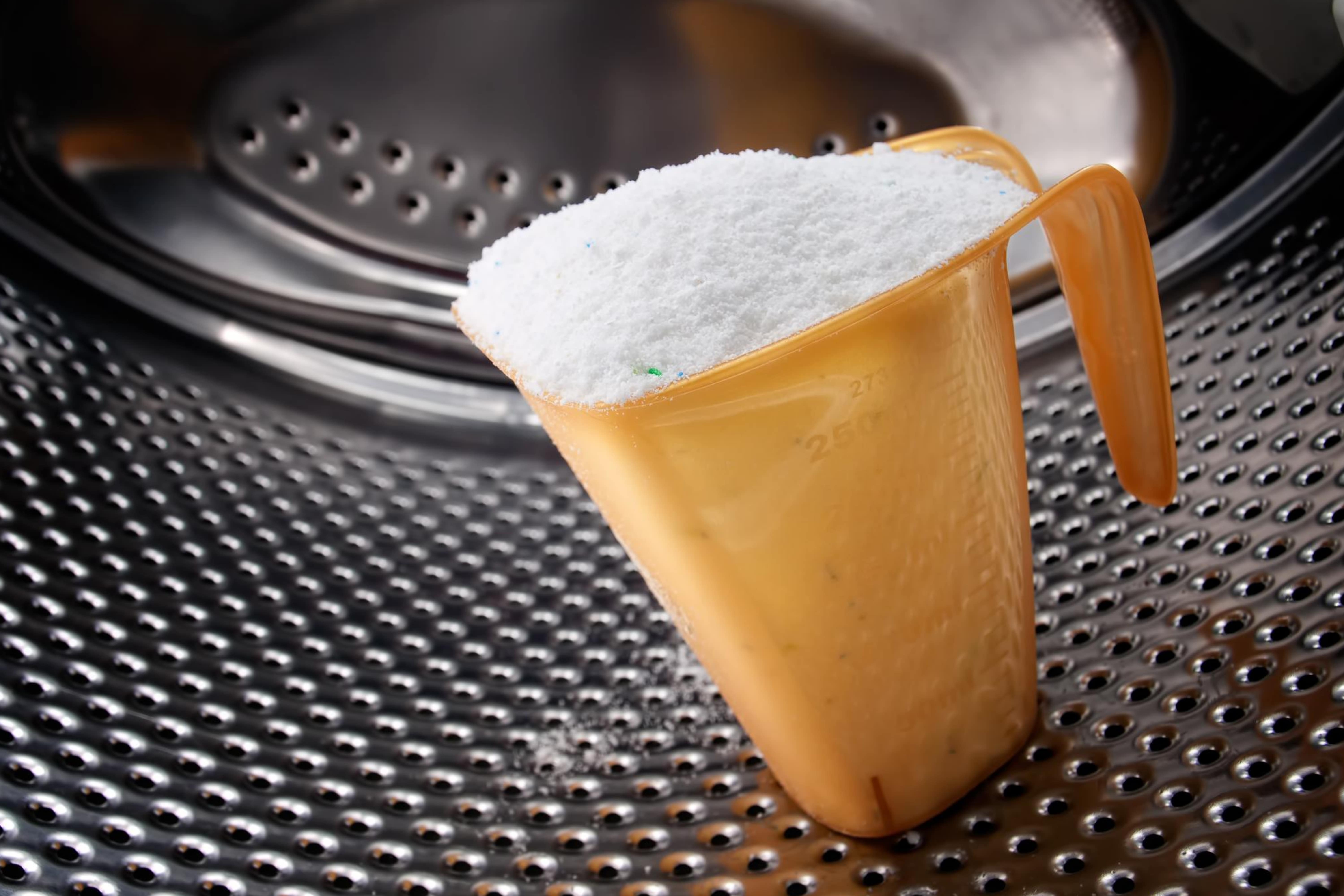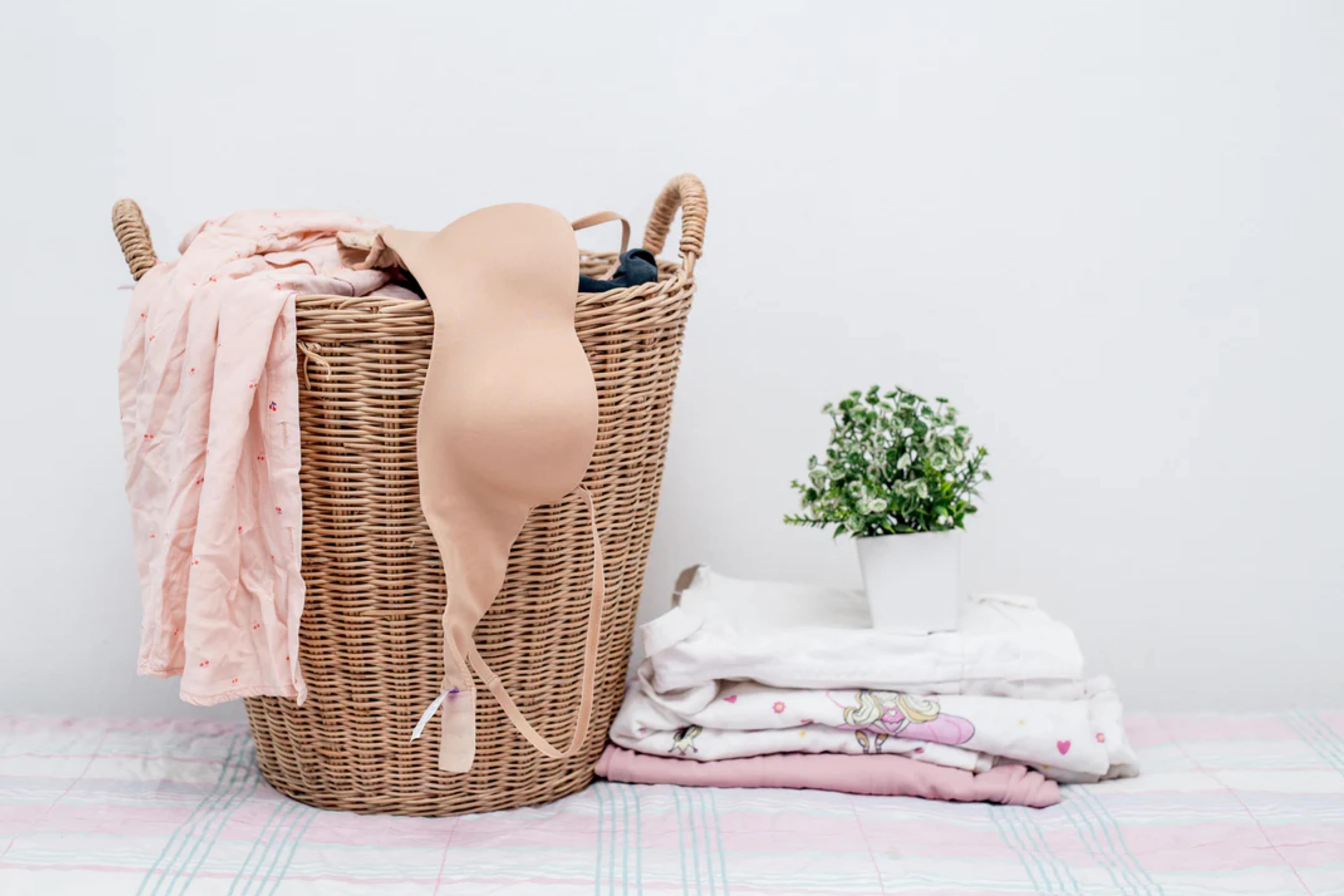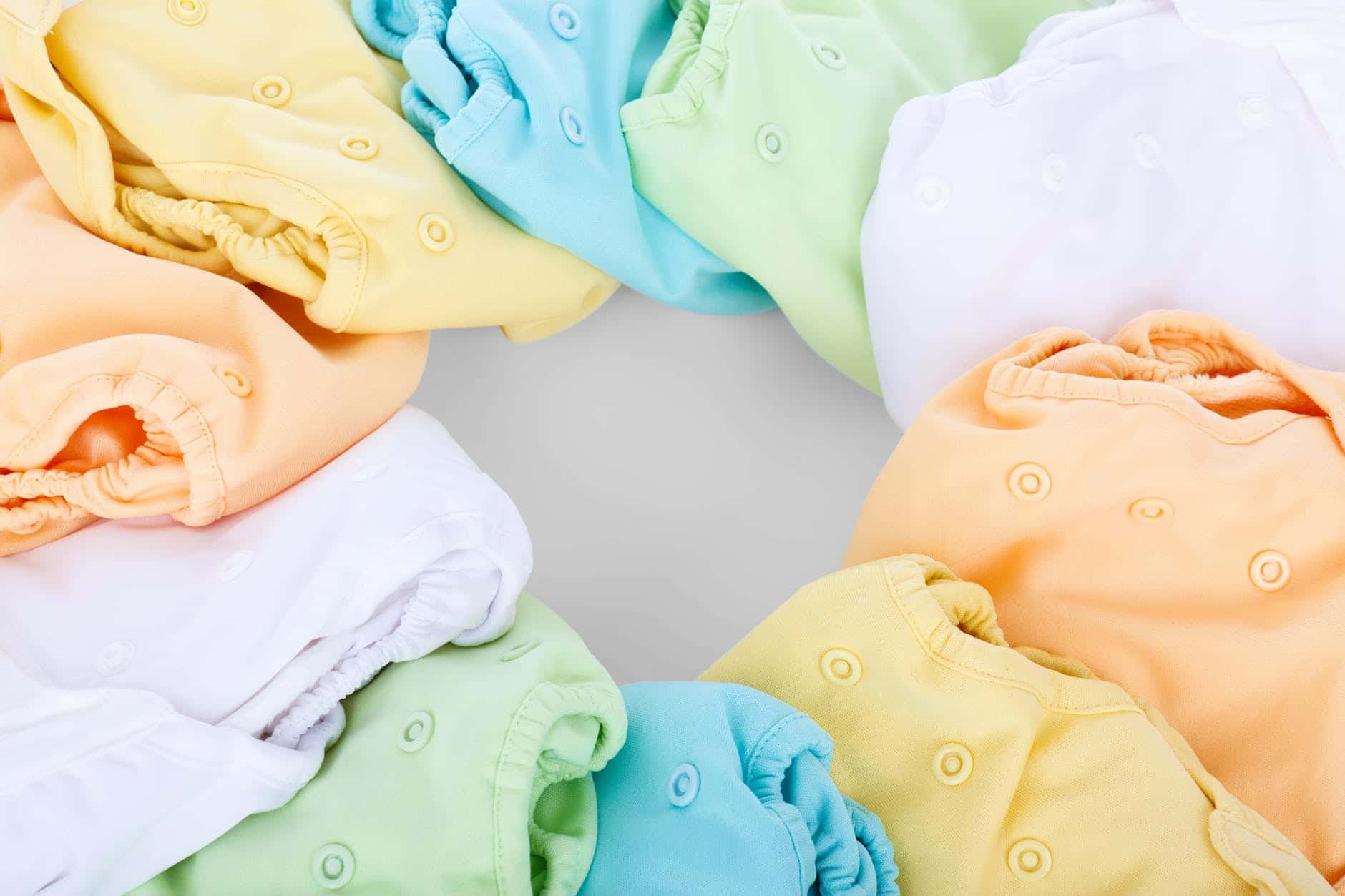Almost every homeowner encounters the problem of supplying a system for cleaning his country house, especially in cases where there is no central sewer nearby. In such cases, an autonomous system is provided where the reservoir provides for the accumulation and further treatment of wastewater.
Thus, a septic tank is a very popular solution today.
But there are some important things to know to provide smooth work for your cleaning system.
And this article will tell you about septic safe products.
What Is a Septic System?
All the sewage drains into the septic tank. It is hermetically sealed and contains special anaerobic bacteria to process wastewater.
As a result, impurities are recycled into sludge that settles at the bottom and water that is completely clean and suitable for technical purposes.
But purification is not yet complete.
The water undergoes the second stage of purification in the other tank. Here “live” aerobic bacteria purify the water once again.
Then, completely clean water is poured into the soil or a third tank, from where you can use it for technical needs on the site and in the house.
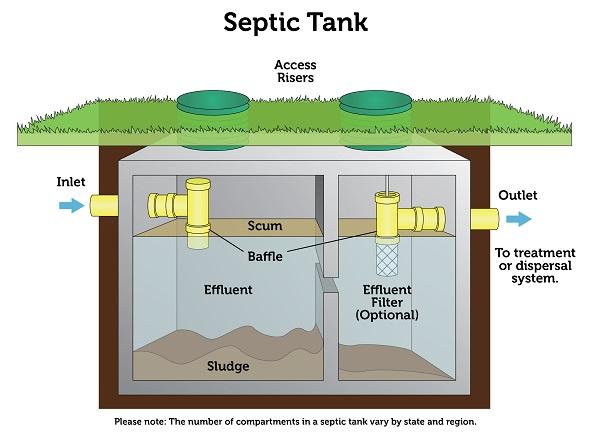
Any cleaning system requires appropriate use and care.
The work of septic tanks can be paralyzed by the improper selection of detergents, so you have to be aware of what substances can kill your septic tank.
Useful Hints to Keep Your Septic Safe
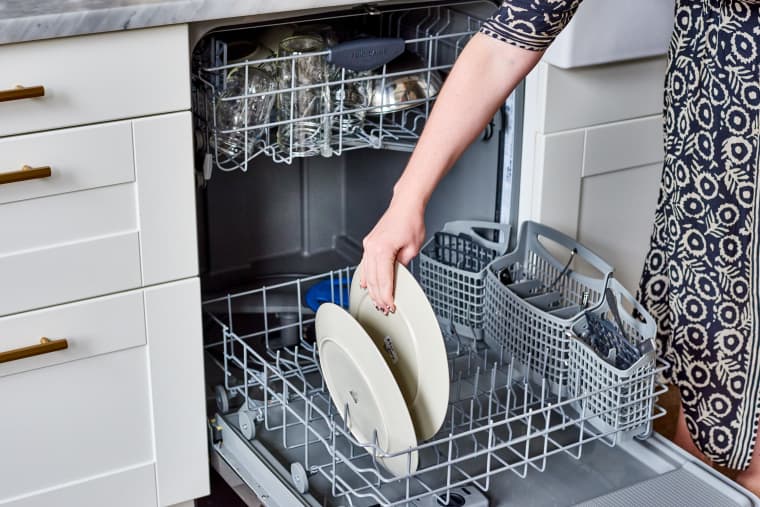
It is not enough to use a list of septic safe cleaning products to provide proper operation of the septic system.
There are some rules to be observed for a washing machine and dishwasher.
Here are some of them:
- Always try to switch on the machines when you have enough goods (dirty linen or dishes) for a full load;
- Try not to do more than one washing cycle per day if it is not extremely necessary;
- If you still need to clean only a few things, use a short cycle;
- When choosing a washing machine or a dishwasher, opt for a device with a water-saving feature.
- Always try to use as minimal dosage of the detergent as it is possible.
- Do not use detergents which may affect the work of a septic tank.
What laundry detergent is safe for septic systems?
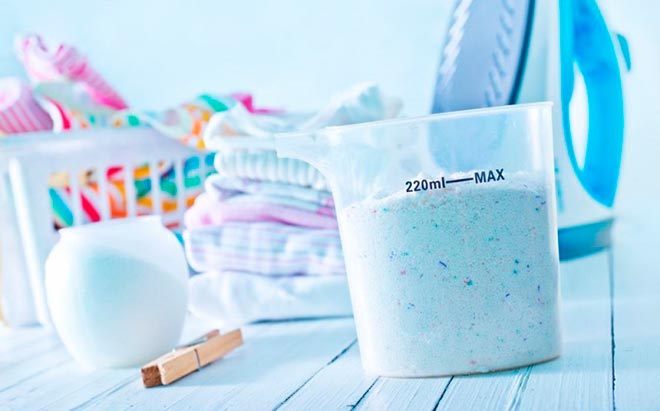
Detergents with chlorine are much cheaper, but restoring the microflora of the septic tank will be much more expensive.
The septic safe detergent will increase the durability of your cleaning system.
Cleansers that can be used for household purposes are divided into two types:
- Phosphate powder or gel.
- The negative impact on nature is unambiguous: phosphates completely destroy calcium ions, providing the work of active surfactants.
Phosphate-containing substances kill part of the bacteria, reducing the effectiveness of the entire purification system. So it is better to avoid this type of cleanser if you are using a septic tank. - Phosphate and chlorine-free cleaners can be used in septic tanks, but the increased surfactant content also adversely affects the microenvironment. So try to choose such products, but watch for the surfactant content to be below 5%.
Related – Laundry Detergent
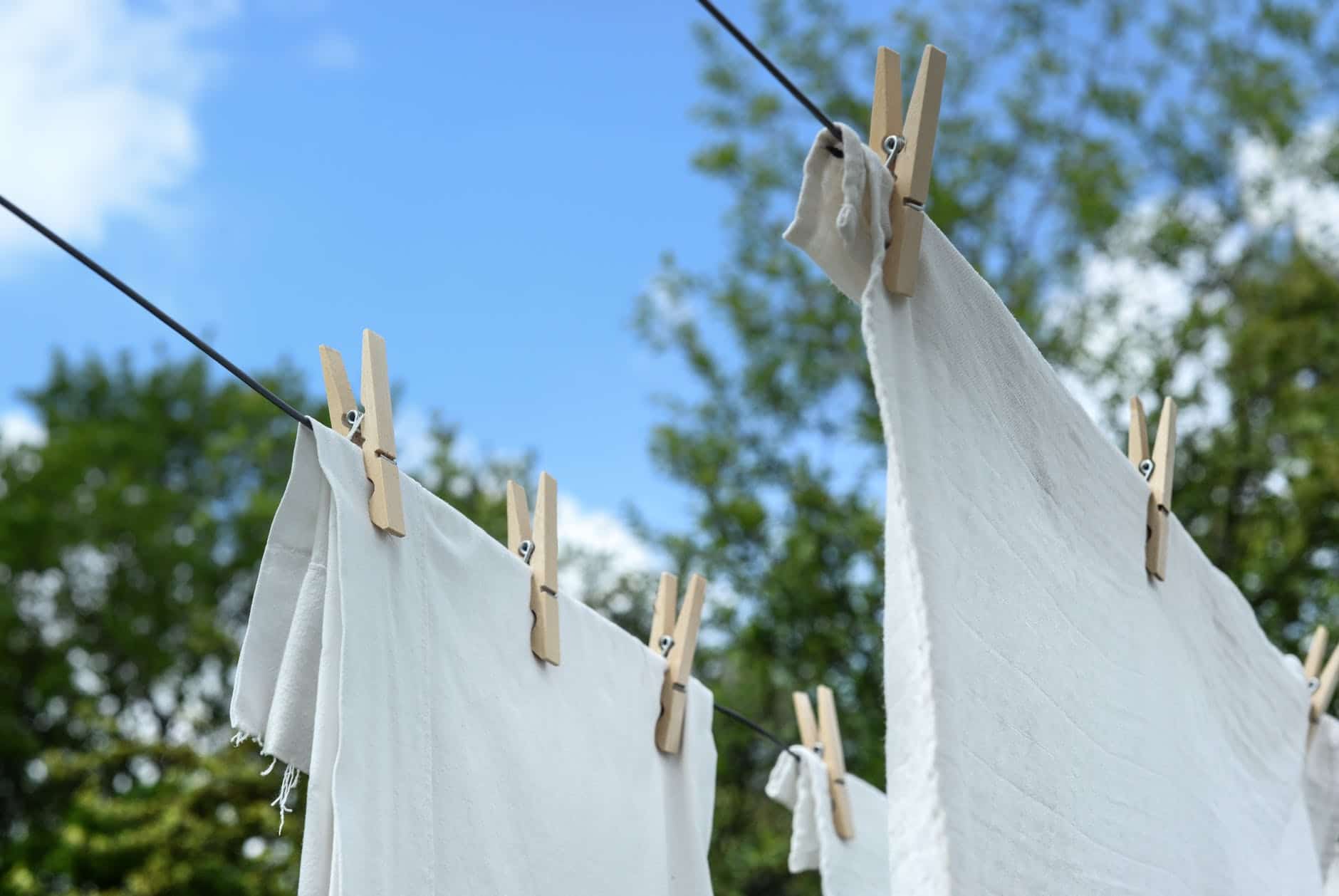
What is the best laundry detergent for septic systems?
To avoid septic problems, it is necessary to choose completely biodegradable detergents.
They are an ideal environment for the development of beneficial bacteria and are quite efficient for household purposes. Such substances decompose perfectly into components and reduce the load on the cleaning system.
In particular, the use of conventional detergents increases the load by 2-2.5 times.
In this case, the septic system may reduce its effectiveness and even fail.
Note, that even using septic safe laundry detergent you need to take the right dosage.
And it depends on the following factors:
- water hardness;
- water composition;
- the level of contamination of the object (dishes, linen);
- frequency of the detergent use.
Overdose will not bring better results, but it will increase the load on the septic system.
Septic Safe Products
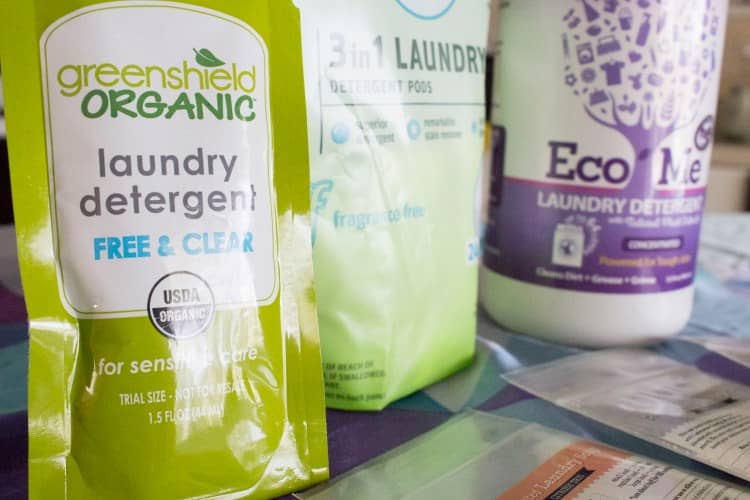
You can buy all the detergents with biodegradable composition. There is a wide selection of them: for personal hygiene, cleaning the house, etc.
It is worth paying attention to the following brands that produce environmentally friendly detergents: Arm&Hammer, Eco-Me, Mrs. Meyers, Seventh Generation, Ecover, iHerb.
The components contained in these cleansers are ecologically friendly, they do not bring any harm to the environment.
They do not represent the dangers of microorganisms, so they are completely safe for use in a home with a local wastewater treatment system.
What Chemical Substances Are Prohibited for Septic Systems?
You should never drain or flush aggressive chemicals into an autonomous sewer. They can adversely affect bacteria.
So try to avoid such things as:
- Pure chlorine, as well as chlorine-containing substances and detergents
- Substances and products exceeding the surfactant content by 5%
- Fluids containing phosphates and petrochemicals (kerosene, gasoline, engine oils, paints, solvents, fuels and lubricants, cadmium)
- Medicines and substances containing formaldehyde, nitrate oxidizing agents and quaternary ammonium compounds. They are not fatal but can cause a strong and persistent unpleasant odor from the septic tank.
- Active substances like alcohol, acids, alkalis, antifreeze, phosphorus compounds, etc.
- Cleansers with artificial colors, perfumes, parabens, and sulfates.
Study the label of your washing powder. And if you find any of the above-listed components, then it is the worst laundry detergent for a septic tank.
Avoid clogging of a septic tank
Besides harmful substances, try to keep away the following waste and materials from draining into your septic system:
- Construction and repair waste (cement, lime, nails, etc.);
- The remains of rotten fruits and vegetables;
- Non-recyclable materials (plastic bags, hygiene pads, cigarette butts, rubber, plastic products, etc.);
- A large amount of pet hair, as well as toilet filler;
- Items of clothing, diapers, and other fabric materials;
Make septic safe detergent by yourself
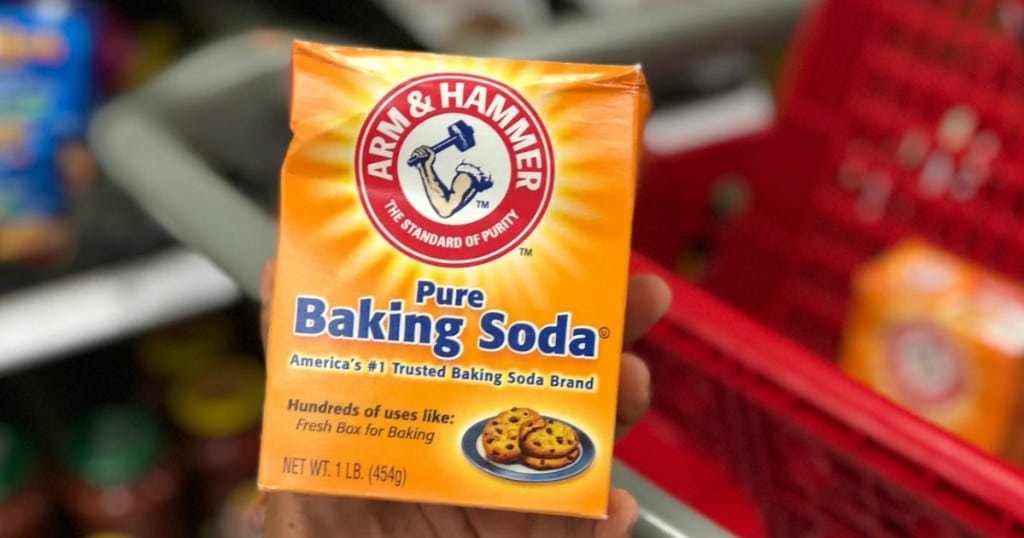
It is very easy to make septic safe dish soap at home.
You will find all necessary components on your kitchen shelf:
- baking soda,
- soap,
- odorless hydrogen peroxide,
- white vinegar,
- citric acid,
- corn starch,
- mustard.
Mixing these ingredients in different proportions you can prepare detergents for various purposes.
You can get a solution to clean sewer pipes and plumbing fixtures, kitchen appliances, eliminate odors, stain, mold, grease, and other contaminants.
Such home-made cleansers are quite safe for the functioning of the septic tank.
You can find many recipes to prepare septic tank safe laundry detergent or septic safe dishwasher detergent.
To summarize it all, not all chemicals are harmful to the bacteria contained in septic tanks.
Even chlorine powders in minimal doses do not kill bacteria, but only slow down their work.
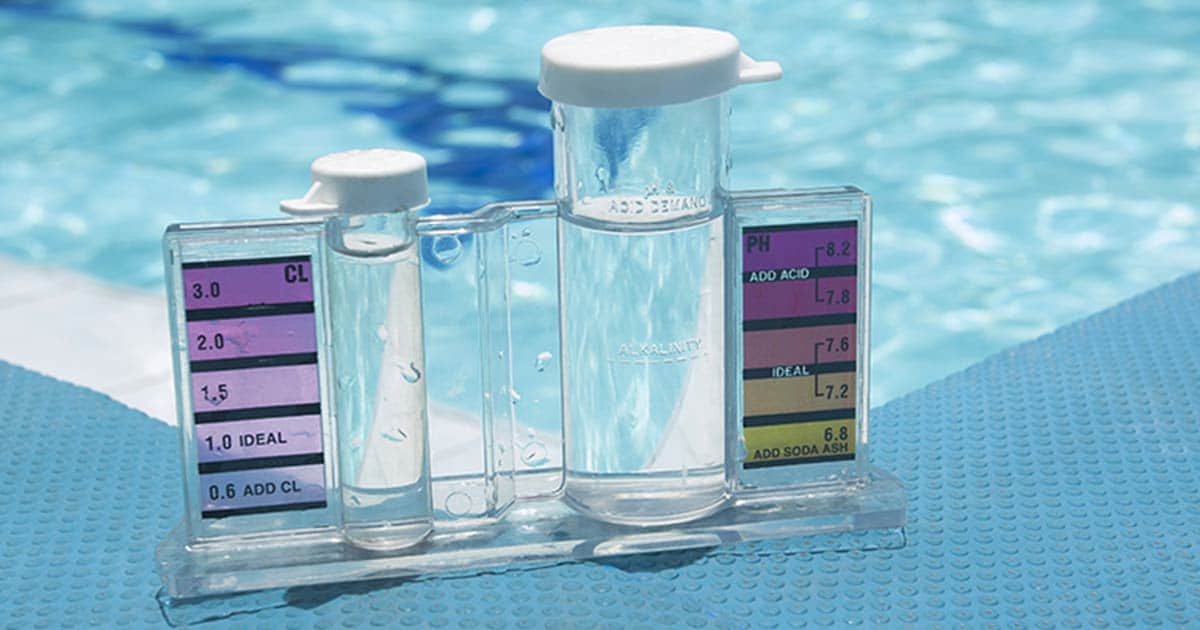
Therefore, do not worry if you accidentally drained the small amount of harmful detergent, a septic tank will continue to operate without the slightest disruption.
But do not make a habit of it, and your cleaning system will remain safe and reliable for a long time.
14 Best Laundry Detergents for Septic Systems
- Arm and Hammer Plus OxiClean
- Dr. Bronner’s Magic Soaps
- Eco-Me’s Natural Concentrated Liquid Laundry Detergent
- Mrs. Meyers Clean Day Laundry Detergent’s
- Seventh Generation’s Natural Concentrated Laundry Detergent
- Grandma’s pure and natural Non-Detergent Laundry Soap
- Good Natured’s Laundry Soda/Detergent in Lavender and Eucalyptus
- Planet 2x Ultra Laundry detergent
- Biokleen Free & Clear Laundry Powder
- Ecover Zero Laundry Detergent
- Start Fresh Super Concentrated Laundry Detergent
- Heritage Park Fine Fabric Wash
- Method Liquid Laundry Detergent
- Babyganics 3X Baby Laundry Detergent
- Charlie’s Soap Laundry Powder
- Puracy Natural Liquid Laundry Detergent
How to Keep Your Septic System Healthy
If you live in your own house, you are definitely aware of how important it is to maintain the septic system. Whenever the suds, liquid laundry detergents, and the clothes fibers enter the system, we put it at a high risk of damage. Even natural remnants like parts of any plant, veggies, or coffee beans can threaten our septic!
For the same reason, owners of such a system often complain that it produces a bad odor, too.
That is why it is recommended to include regular checks and cleaning into the care list. Below, you can find a list of quick actions that will keep the system running and return its high functionality.
1. Inspect the system
This will include regular checks for correct upkeep and keeping records.
2. Pump out the septic tank regularly
It is recommended to do that every one to three years to take away the suds and product remnants, otherwise, there is a high risk of the drain filed to get clogged.
3. Conserve water and monitor its usage
If we discharge more water into the system than it’s recommended, the whole septic can back up.
4. Use laundry detergents reasonably when washing clothes
When we use too much of liquid laundry agents and other laundry detergents, both powdered and fluid, there is a high risk of the system’s bacterial balance to go wrong.
The same goes for any kind of product that will enter the system like bleaches, cleaners, etc.
5. Never deposit non-decomposable items into the sewer
The suds or the excessive amount of liquid laundry detergents can be harmful, but cooking fats, tea leaves (and other natural products), tissues, wet-resistant paper towels, and even cigarette butts will not decompose and there’s a high possibility that sooner or later they’ll plug the whole system.
6. No grease running down the drain!
Any greasy product, both natural and not, will either plug the pipes or build up in the septic tank itself. A much better option will be to discard them separately to the garbage bin.
How to Make the Septic System Less Smelly?
Have you ever noticed that your septic system smells awful? That’s probably because it hasn’t been cleaned for quite a while!
Since the septic system has microorganisms that digest natural matter and produce the by-product that keeps the proper pH level, after some time the pH acidity level increases because these tiny “helpers” can’t process so much waste.
That’s when the odor appears.
Of course, it’s possible to simply make use of a household product to treat the system, but relax, we know several top hints to make it work again.
- Baking soda is a great natural leaner. Pour one cup of this product down the drain or toilet once a week for keeping a pH level of the septic system at the proper level. A gallon of boiling water poured down the drain once a week is another natural preventive measure.
- Don’t use too much water. Excess liquid will wash away the soda faster, besides, this liquid will push out of the tank all the waste that hasn’t been processed.
- Mind what product you’re flushing down. If it’s suds, it’s more or less fine, but parts of a plant, plastic or paper items and other similar things must go to the trash.
- Ask for a certified cleaning. It is a much better option to hire a certified septic tank cleaning service to extract the accumulated waste rather than attempting to do that yourself. When being done improperly, such cleaning can cause more damage.
- Never pour liquid paints, water used for cleaning brushes, or any liquid brush-cleaning dissolving agents down the drain since they will end up in a build-up on the pipes’ walls and block the system.
Washing Clothes Safely With a Septic System

Many of us might not know that the way we launder our clothes (and the laundry detergents we use, of course) influence the septic tank greatly.
To keep your septic tank in a top condition, follow these simple hints.
- Wash clothes several times a week. It is better for the system than one fully loaded wash since an excessive amount of liquid will exhaust it.
- Choose liquid laundry detergents instead of powders when cleaning clothes since they’re safer for the drain field.
- Avoid adding too much bleach or laundry detergents for washing clothes. It will harm the good bacteria in the system.
- Think about getting a lint filter. When we wash our clothes, its lint gets to the system and blocks it.
- Dirt/mud, and other natural sources of soiling (including the plant parts) can clog the system so brush the dirt off before washing soiled clothes.
Don’t be lazy to spend some time and prepare your clothes for washing, as well as choosing proper laundry detergents! It’s better than spending way more time and money on cleaning or repairing the clogged system later.
Top Alternative And Natural Cleaning Products For the Septic Tank
It’s not a secret that many of ready-made cleaning agents are toxic or destructive both for our health and our homes. It refers both to laundry detergents, cleaning liquid and powdered stuff, etc.
That is why so many house owners prefer to choose organic and natural methods of maintaining their pipes and septic system as well!
If you also care for your home wellbeing, check out what natural means of maintenance can be used instead of chemicals.
- Baking soda
Works as a natural cleaner, deodorizer, fire extinguisher, and scouring powder. Since it is a natural product, it keeps the important bacteria inside the tank from being destroyed, unlike many chemical agents.
- Boiling water
A perfect liquid drain cleaner
- Lemon and salt
Mostly used as natural cleaning means
A top well-working natural liquid cleaner, deodorizer, and grease remover. Pour half a cup vinegar and the same amount of baking soda down the drain, close the drain tightly until fizzing stops, and then flush with a gallon of boiling water.

